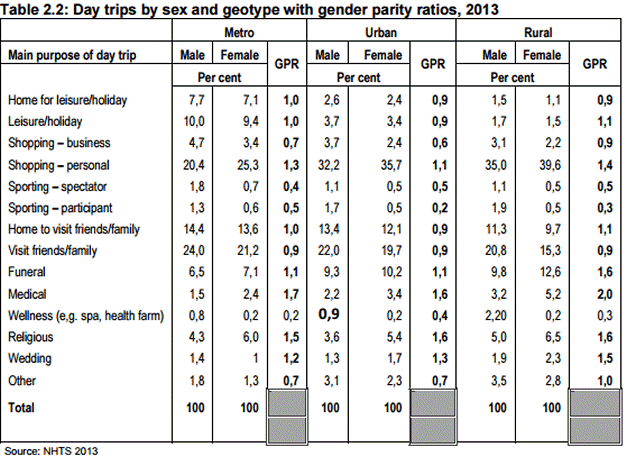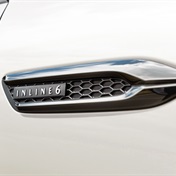Cape Town – Between 2003 and 2013, there was a 122% increase in the number of black women who got driver's licences, according to Statistics South Africa’s latest report on Gender Patterns in Transport.
Despite this increase, black women were still the least likely group to have driver's licences, Statistician-General Pali Lehohla told reporters in Pretoria on Wednesday.
Conversely, white South Africans were still more likely to be in possession of a driver's licence than any other group in South Africa.
Between 2003 and 2013, the number of driver’s licences among white people increased from 79% to 84%. The increase among black people in the same period was from 12% to 17%.
READ: Quick-thinking driver avoids hijack: Here's how you can protect yourself
The report showed that 28% of the 14.9m South Africans of working age drove themselves to their workplaces. Close to 32% of those who drove themselves to work were male, while 22.9% were female.
"Generally, females were more likely to use public transport, except for trains and as vehicle passengers."
A large proportion of females (27.6%) used a taxi to get to work, while 19.2% of males and 19.5% of females walked to work.
Across all provinces, more people used taxis to travel to work, as opposed to buses and trains.
For its research, Stats SA uses calculates Gender Parity Ratio (GPR) in the country. The organisation explains: "Parity (equality) is reached at 1,0. Any score below 1,0 reflects inequalities in favour of males, while a score above 1,0 shows disparities in favour of females."
Travel to places of learning
According to the report, black and coloured students were more likely to walk to universities or post-school colleges than Asian and white students.
Among coloured students, females (22.6%) were more likely to walk to places of learning than males (12.4%). Among the black population, 18.7% of male students walked, compared to 17.2% of females.
Safety and time concerns
The statistics showed that the choice of mode of transport was mainly based on travel time and travel costs.
Households headed by black men were more concerned about travel time (35.3%) and had a lesser need for flexibility (7.5%) than other population groups.
Conversely, households headed by white men were more concerned about the need for flexibility (22.9%).
Households headed by Indian/Asian men had a higher regard for safety (16.3%) and comfort (11.2%) compared to other population groups.
According to Stats SA, Table 2.3 shows data for the main mode of transport used for day trips taken in the past seven days. In 2013, the most used mode of transport for day travel was as passenger in a taxi or car/bakkie. As the table shows, the usage of public transport, particularly taxis, remains skewed toward black African and coloured population groups with females reporting a higher usage than males.
The difference between males and females who reported to have utilised taxis was 6.7 and 4 percentage points for black Africans and coloureds respectively, while it was less than 2% for both Indians/Asians and whites. The table also shows that black Africans were least likely to be either drivers or passengers in cars compared to other population groups. Black African and coloured women had the lowest likelihood of being drivers compared to their male counterparts i.e.
12.4% (males) and 3.8% (females) for black Africans and 31% (males) and 7.5% (females) for coloureds.




 Publications
Publications
 Partners
Partners

















